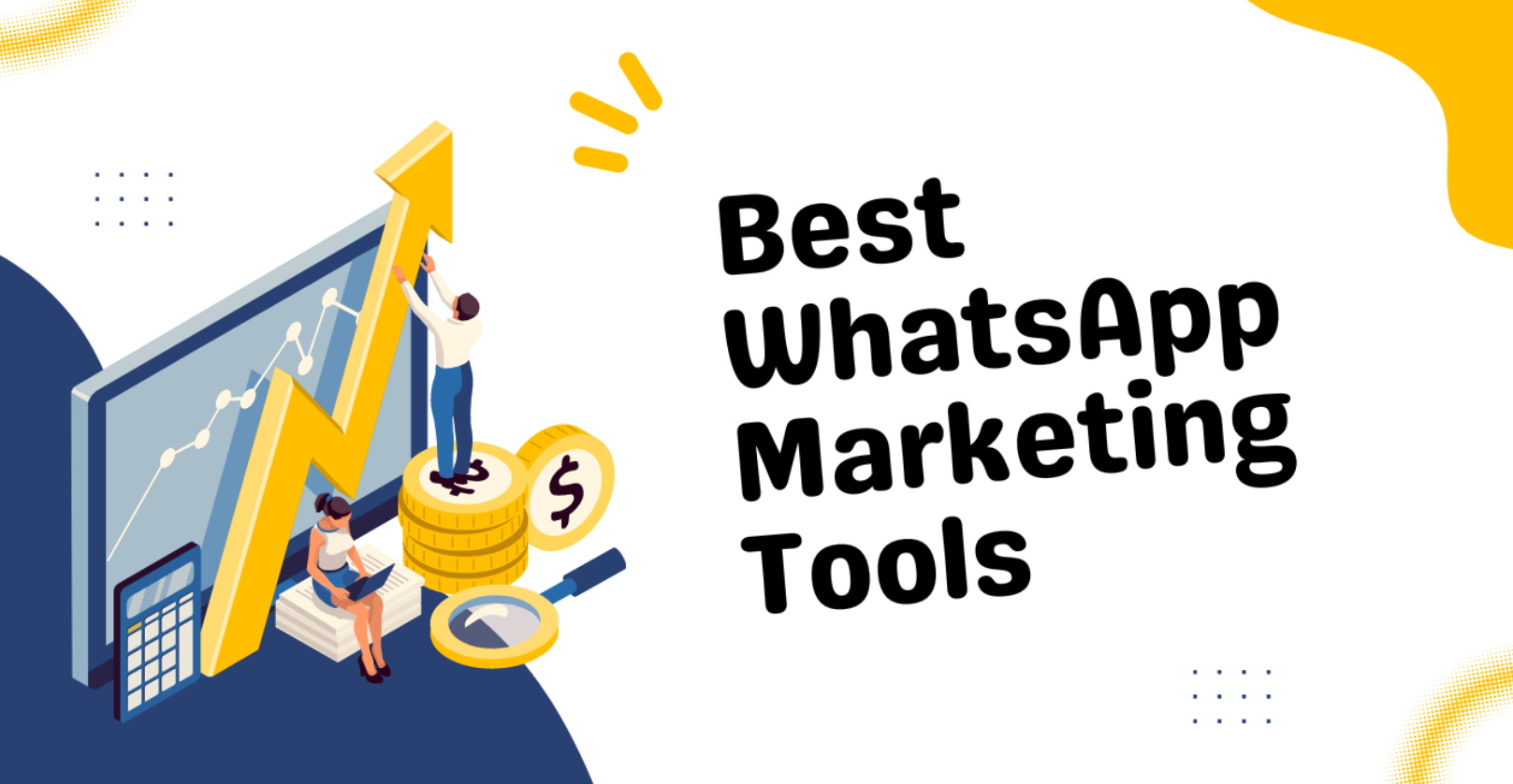Top 10 AI Tools for WhatsApp and Mobile Marketing
Smart tools to help you connect, respond, and grow.
WhatsApp and mobile messaging are now key to how people connect with businesses. Whether it’s a reminder, a promo, or a quick reply, customers expect instant and personal communication. But doing this one message at a time doesn’t scale.
That’s where AI tools help. They save time, manage replies, and keep things running even when you’re offline. Some handle chat. Some automate follow-ups. Some help you close a sale right inside the app.
Here are 10 AI tools built for WhatsApp and mobile marketing. They help you send updates, handle support, and track everything in one place.

1. WATI
What it does Connect your business to the WhatsApp Business API. Lets you manage chats, send bulk messages, and create message flows.
Why it’s useful It brings support, sales, and marketing into one inbox. You can also link it to tools like Shopify or Google Sheets.
Best for Brands handling a lot of chats or working with teams.
2. Interakt
What it does Helps you send alerts, respond fast, recover carts, and manage customer data inside WhatsApp.
Why it’s useful It works like a CRM. You can automate tasks, send payment reminders, and track leads easily.
Best for Startups and small businesses that want more structure in their WhatsApp workflows.
3. AiSensy
What it does Lets you run WhatsApp broadcasts, automate replies, and build flows using a visual editor.
Why it’s useful You don’t need to code. It tracks clicks, replies, and delivery stats for each campaign.
Best for Teams that want easy campaign tools without complexity.
4. Zoko
What it does Turns WhatsApp into a shopping tool. Customers can see products, ask questions, and pay in the same chat.
Why it’s useful It simplifies the sales process by keeping it inside WhatsApp. No extra steps or forms.
Best for Online stores that want faster conversions through chat.
5. Gupshup
What it does Supports high-volume WhatsApp campaigns using templates and chatbots. Works well across industries.
Why it’s useful It’s built for scale. You can send updates, alerts, or bulk promos while following WhatsApp’s rules.
Best for Agencies and large businesses running big campaigns.
6. DelightChat
What it does Offers shared inbox, marketing automation, and order updates for Shopify sellers on WhatsApp.
Why it’s useful Everything from cart recovery to support replies happens in one place.
Best for Shopify stores that want to boost repeat sales and support.
7. Respond.io
What it does Lets you manage chats from WhatsApp, Instagram, and more in a shared inbox. Adds AI to handle replies and tasks.
Why it’s useful It cuts response time and keeps your team in sync, no matter the channel.
Best for Support teams working across platforms with high chat volume.
8. Twilio WhatsApp API
What it does Gives you developer access to send WhatsApp messages from your systems. Works well with apps and backend tools.
Why it’s useful It’s flexible and can fit any setup. You can build alerts, flows, or custom reply logic.
Best for Tech teams or large firms needing control over their messaging system.
9. Verloop
What it does Automates replies on WhatsApp using AI. Handles FAQs, lead capture, and first response.
Why it’s useful You save time and reduce pressure on your support team.
Best for Businesses with high chat traffic or limited support staff.
10. Freshchat
What it does Combines WhatsApp with email, website chat, and social DMs. Uses AI to help support agents with responses.
Why it’s useful Your team sees everything in one view and gets help writing faster replies.
Best for Support teams juggling messages across apps.
Wrap-up
People reply faster on WhatsApp than on email. They expect speed, clarity, and personal replies. These AI tools help you meet that standard without burning out your team.
Some tools are better for campaigns. Others are for replies, sales, or support. But they all do one thing help you manage mobile messaging without manual work.
Pick one that fits your size, tech skills, and goals. Start small if you need to, and scale as you grow.